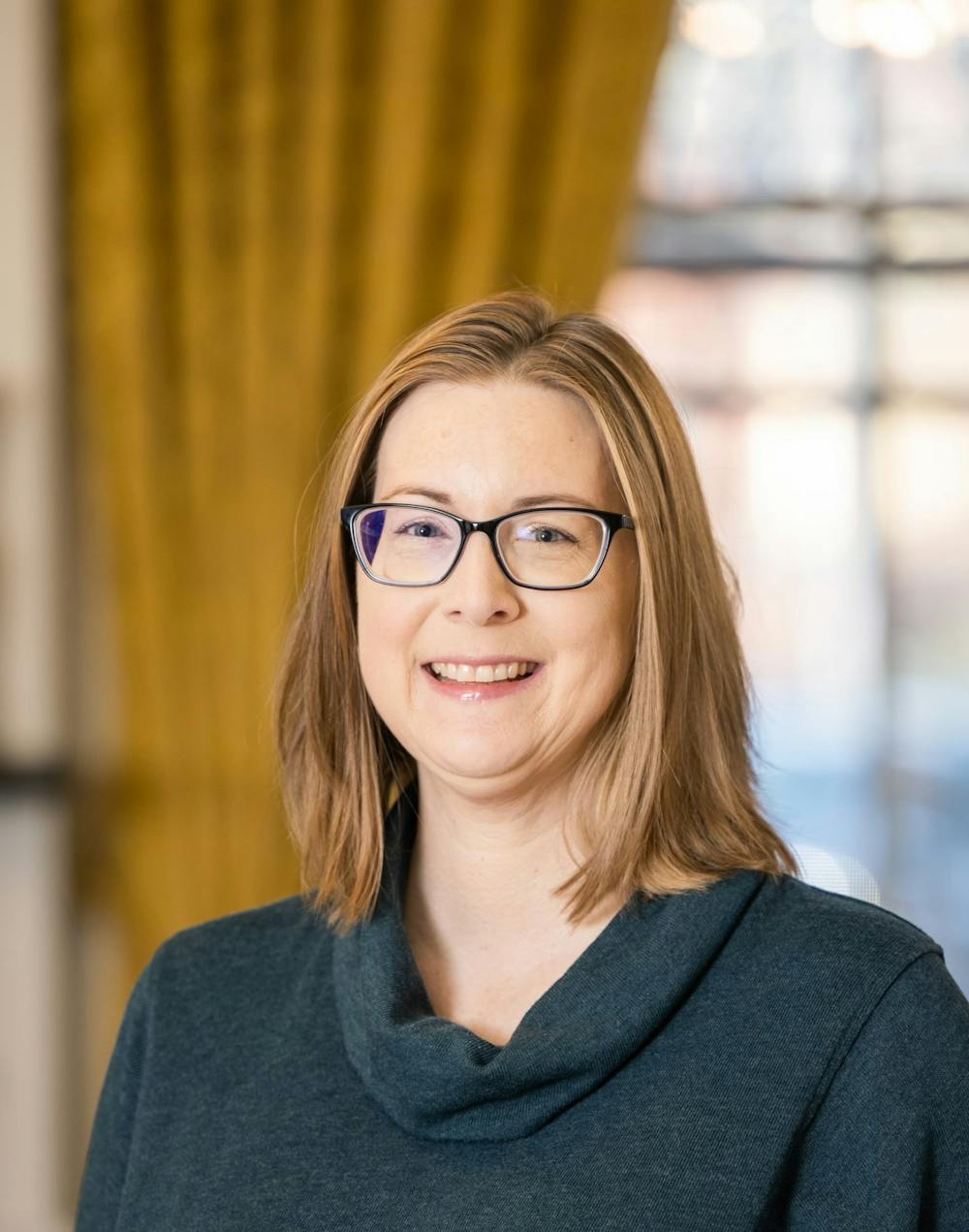Last October, Kristin Malloy was named the new Americans with Disabilities Act and Section 504 coordinator at the Office of Institutional Equity and Diversity. The ADA and Section 504, which deal with accessibility in institutions that receive federal funding, prohibit discrimination based on ability at such institutions.
In her position, Malloy manages “the day-to-day responsibilities associated with the University’s ADA compliance,” wrote Sylvia Carey-Butler, vice president for institutional equity and diversity, in an Oct. 11 Today@Brown announcement. In collaboration with University stakeholders, Malloy also develops and delivers training to support ADA compliance.
The Herald spoke to Malloy about her path to Brown, her responsibilities at OIED and her first months at the University.
“The majority of people who make a mistake around accessibility are simply not aware of certain laws or best practices,” Malloy wrote in an email to The Herald. “My passion is around connecting people with information that ultimately improves accessibility for all.”
Before arriving at Brown, Malloy served as a senior experience solutions designer at Western Governors University in Utah, where she worked to promote academic inclusivity. For over a decade prior, she worked at Lone Star College in Texas, where she held a variety of executive director-level positions focused on disability services and accessible online learning.
Malloy, who holds a doctorate in higher education leadership from Sam Houston State University and a master’s degree in clinical social work from Syracuse University, wrote that she was eager to begin her work at Brown. She emphasized the University’s reputation for holistic learning and inclusivity, as well as the unique nature of her position.
“Not all universities have this type of role. … Brown had made a significant commitment to accessibility by developing this position,” she wrote. “Differences in ability are an important and often overlooked aspect of diversity; as such, I am excited to participate in the important work happening in OIED.”
For Aleksa Kaye GS, co-founder of Disability Justice as Public Health, Malloy’s new position is a welcomed change from the fact that “too often, disability is left out of DEI efforts.”
“As a founder of DJAPH and a disabled person, I am relieved to know that there’s an ADA/504 coordinator at Brown,” Kaye wrote in an email to The Herald, also urging OIED to consider disability as a “social construct” and not an “inherent bodily deficiency.”
Though Malloy only recently started at the University, she’s “been so impactful,” Carey-Butler said in an interview with The Herald. She “hit the ground running.”
In her role, Malloy also manages appeals for accommodation requests, including those that are denied through the University’s request process for students and employees. She is also developing procedures and training presentations that aim to bolster inclusion on campus.
On April 5, Malloy will deliver the first of these presentations. Her workshop, titled “Proactive Considerations for Accessibility in Higher Education,” will cover the history of accessibility in higher education and effective ways to plan activities that encourage participation regardless of ability, according to the OIED website.
Malloy noted the importance of communicating with students and faculty regarding the ADA and Section 504. During her tenure, OIED has created a new email address to allow community members to raise accessibility concerns.
“An ADA/504 coordinator has a responsibility to consider compliance across many areas of the university,” Malloy wrote. “It is really important for the Brown community to know (that I am) available to hear their questions and concerns.”
Malloy, who has lived in the South for 18 years, said that adjusting to a new region with a unique campus environment has been one of the biggest challenges of her new role.
“I have been welcomed warmly at Brown … (but) I know that it takes moving through one or two academic years to learn the culture and patterns of higher education settings,” Malloy wrote. “Determining how I can maximize my experience and skills to positively support accessibility at Brown will take time.”

Aniyah Nelson is a university news editor overseeing the undergraduate student life beat. She is a senior from Cleveland, OH concentrating in political science and sociology. In her free time, she enjoys listening to music and watching bloopers from The Office.





